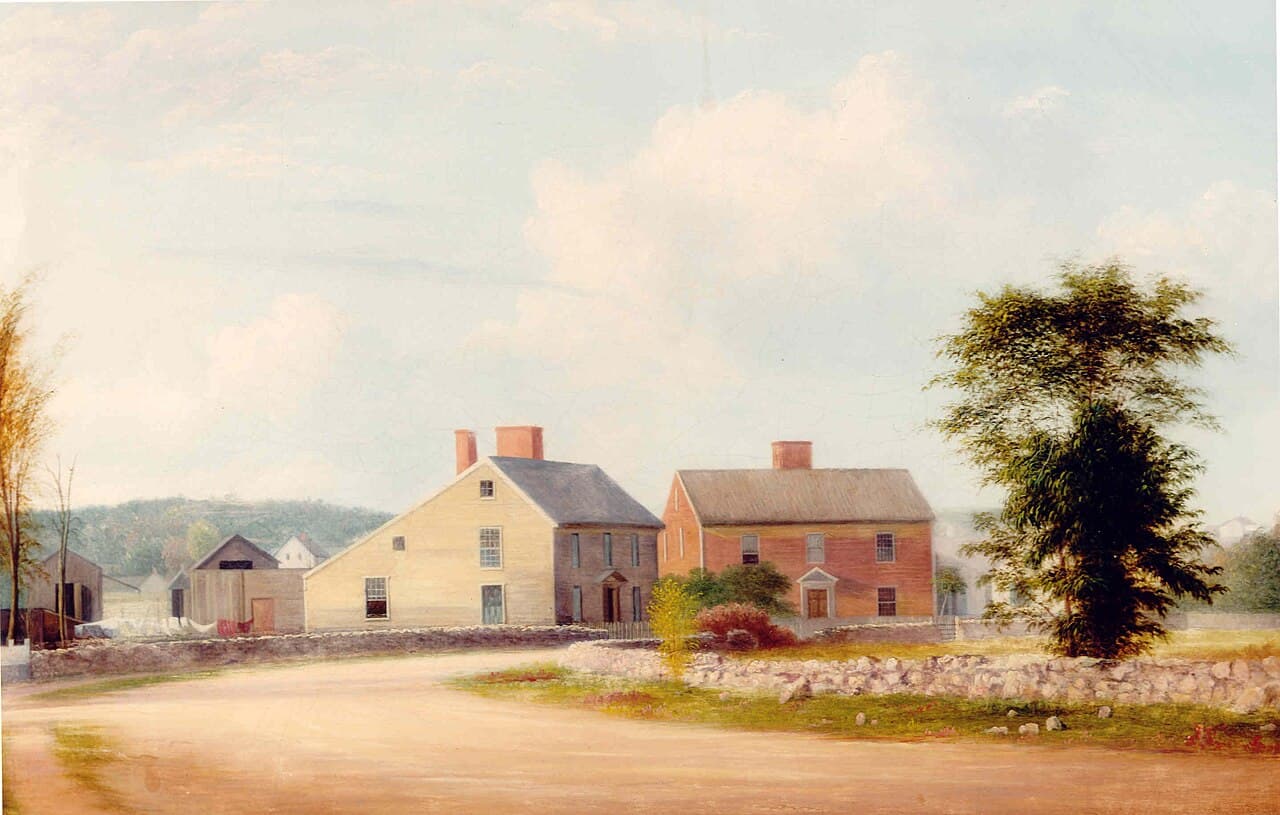
From Log Cabins and Empty Lots, Presidential Origins Manifest America’s Destiny
By DEAN KARAYANIS
|The premier announced his decision outside 10 Downing Street during a downpour. Fate, though, has yet to speak.

Already have a subscription? Sign in to continue reading

By DEAN KARAYANIS
|
By CONRAD BLACK
|
$0.01/day for 60 days
Cancel anytime
By continuing you agree to our Privacy Policy and Terms of Service.
By JOTAM CONFINO